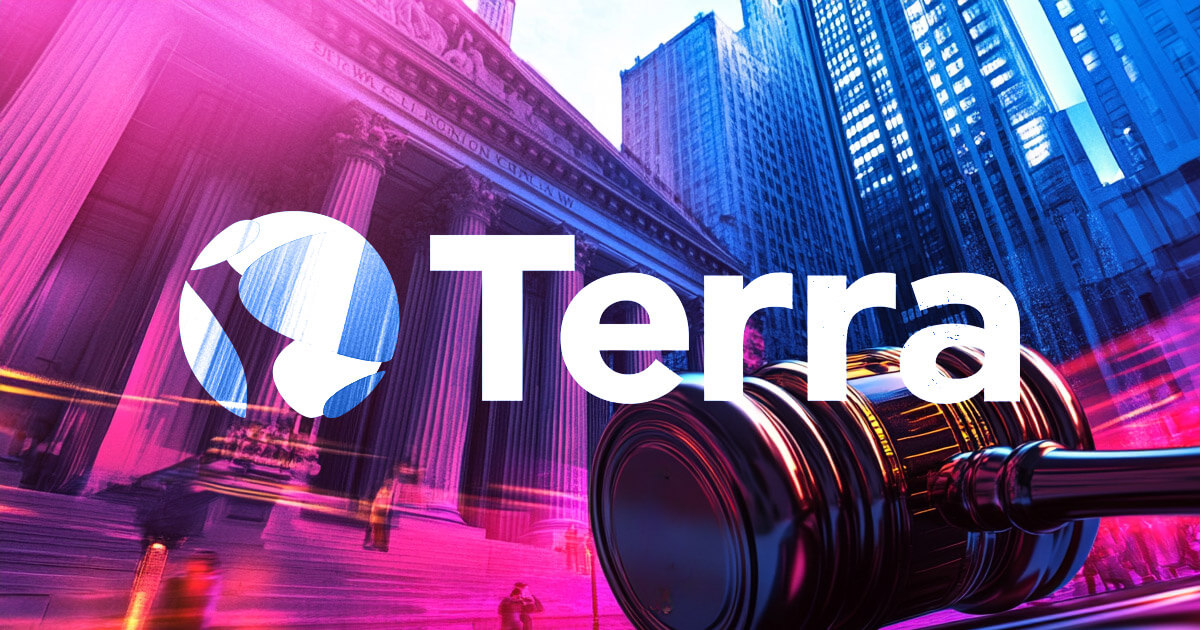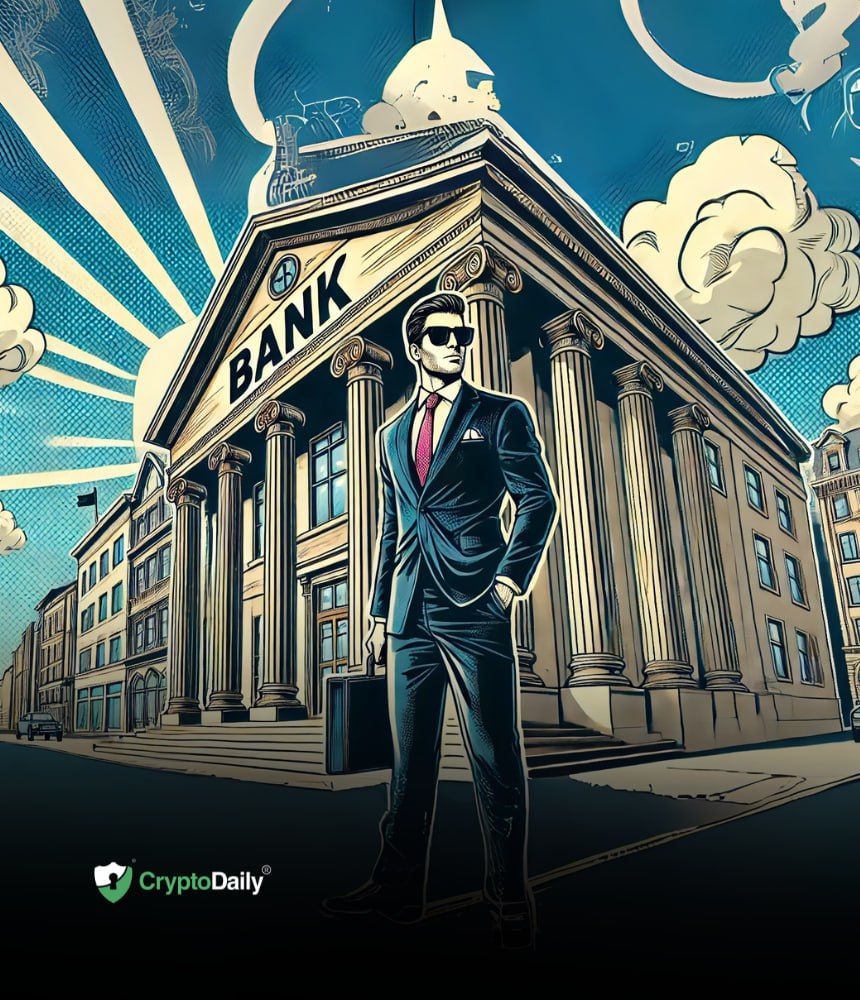But this is theater. A defining feature of crypto has always been its supposed ability to exist outside of government, to separate money from the state and all of the other controlling institutions, regulations, and laws that might entail. That is the point. When Bankman-Fried went down, many of his industry critics broke their self-imposed silence and denounced his efforts to cooperate with (and potentially corrupt) government officials. Crypto was not supposed to be about working within the existing political economy; it was about transcending it. Bankman-Fried’s grubby influence operation seemed beneath the ultra-libertarian concerns of people who wanted to be free of government entirely.
For the last couple of years, the crypto industry has repeatedly asked for “regulatory clarity,” claiming that entities like the SEC were creating policy through arbitrary enforcement actions. For crypto’s critics, the state of play was far different: Crypto did have regulatory clarity—existing securities and banking regulations were sufficient to encompass even a novel technology like blockchain—but the industry ignored laws, operated recklessly, and blamed politicians for its mistakes. Some crypto boosters attributed the FTX collapse not to the allegedly criminal actions of Bankman-Fried and his cohort but rather to the Biden administration and SEC Chairman Gary Gensler. In their telling, it was Gensler’s fault for not investigating FTX earlier, but it was also the administration’s fault for not providing regulatory clarity, which caused companies like FTX to set up shop offshore—where they could not be properly investigated by agencies like the SEC.
It did not seem to matter that FTX, like others before them, may have set up operations overseas because that made it easier to do crimes. Jurisdictional arbitrage has become a fundamental feature of tech-minded disruptors who bounce between states or countries, hoping to find the right combination of free-market idealism and political intransigence that allows them to capture markets and write new rules of the road for themselves. It’s not always about deliberately breaking the law, merely sidestepping it. It’s been called “the Uber model,” and it’s been even more cravenly applied by crypto companies. Bankman-Fried, for instance, was based at various times in Berkeley, Hong Kong, and the Caribbean, borne aloft by the prevailing legal and financial winds. He had 130 or more shell companies under various names all over the world.
Credit: Source link











.jpg)



































